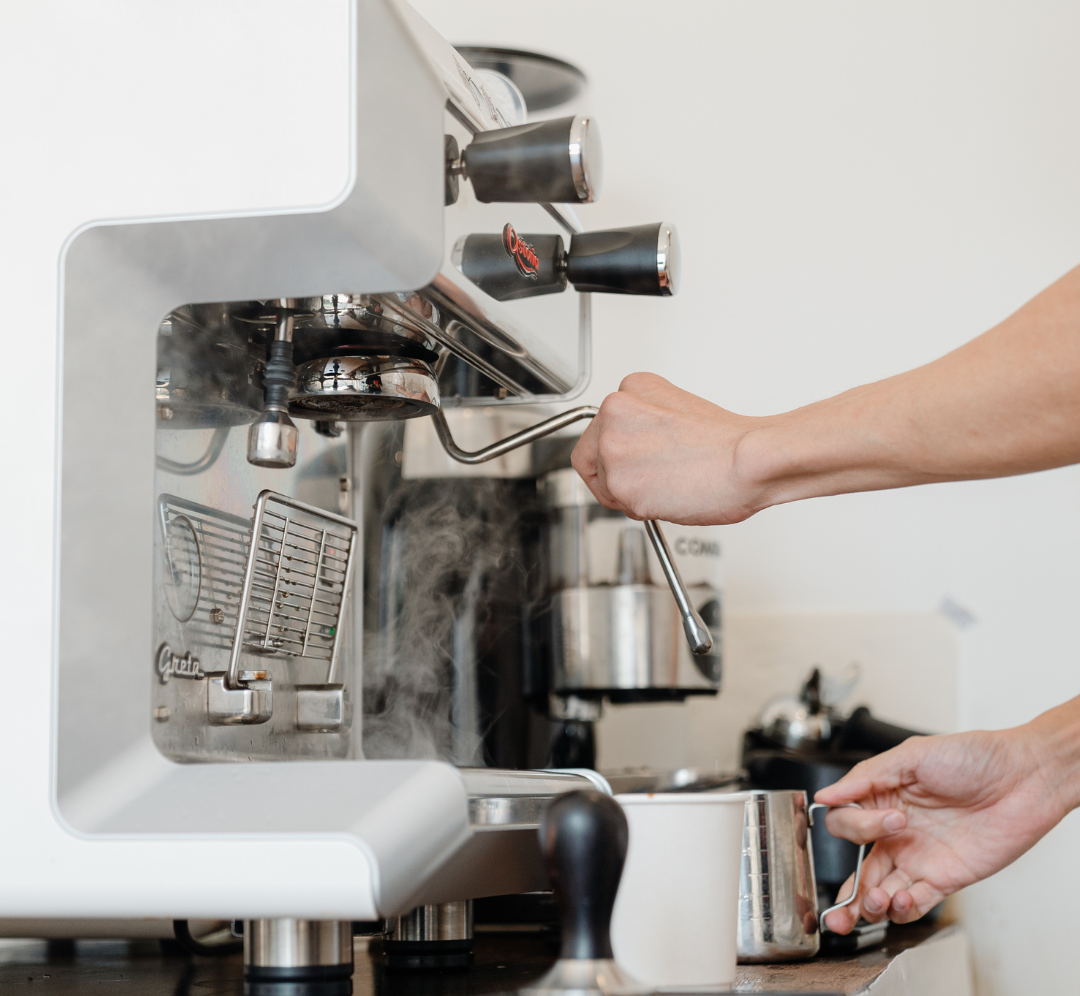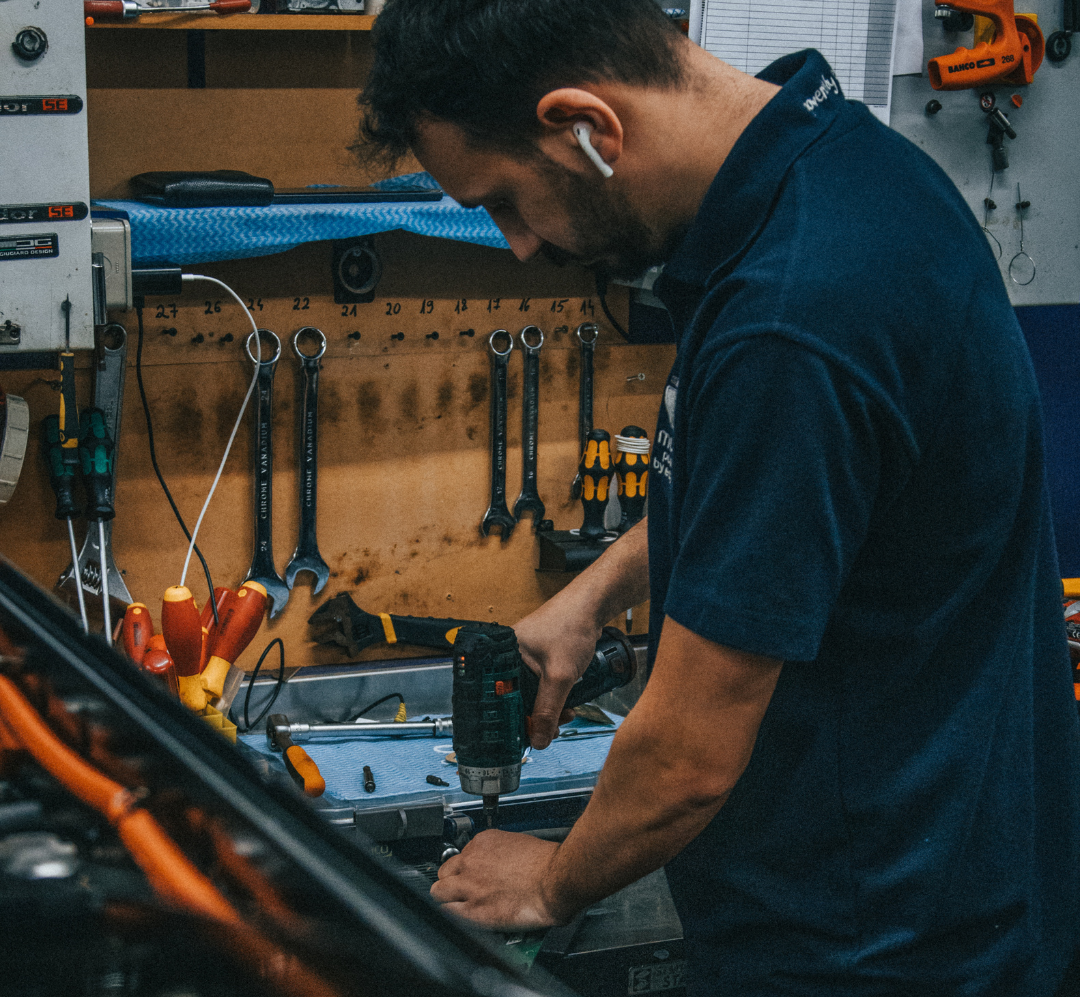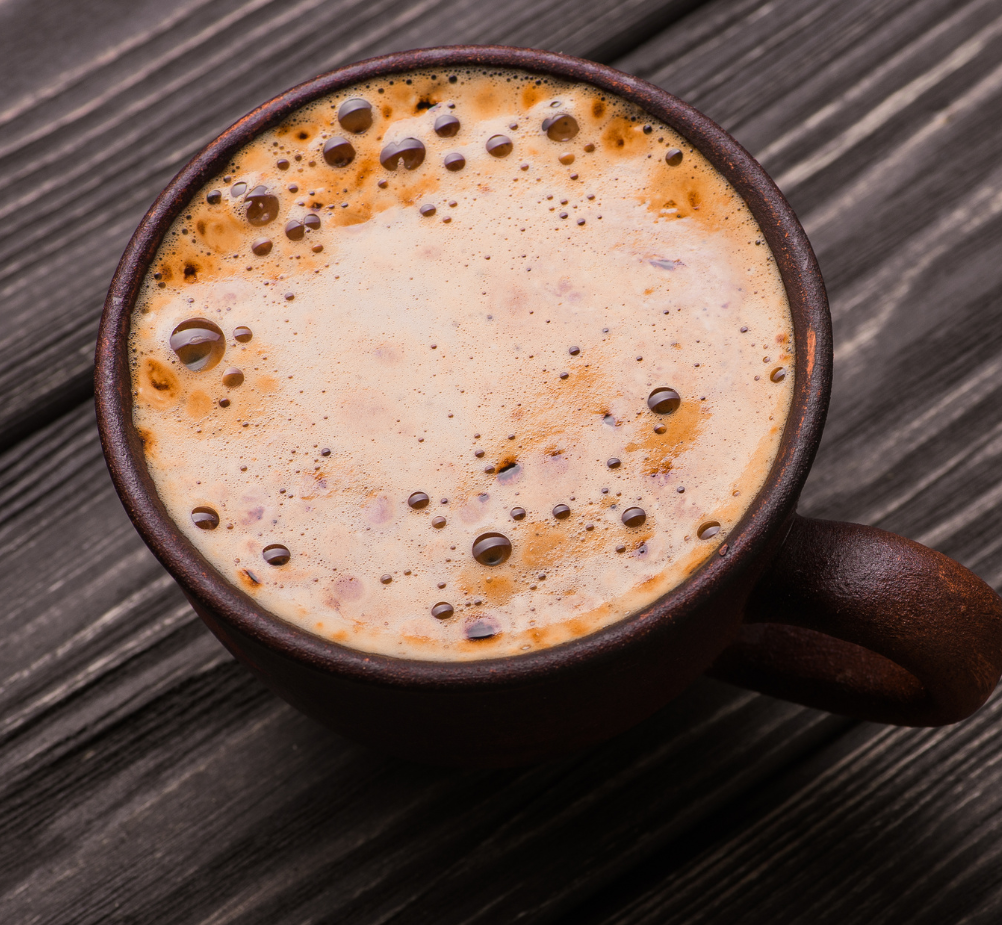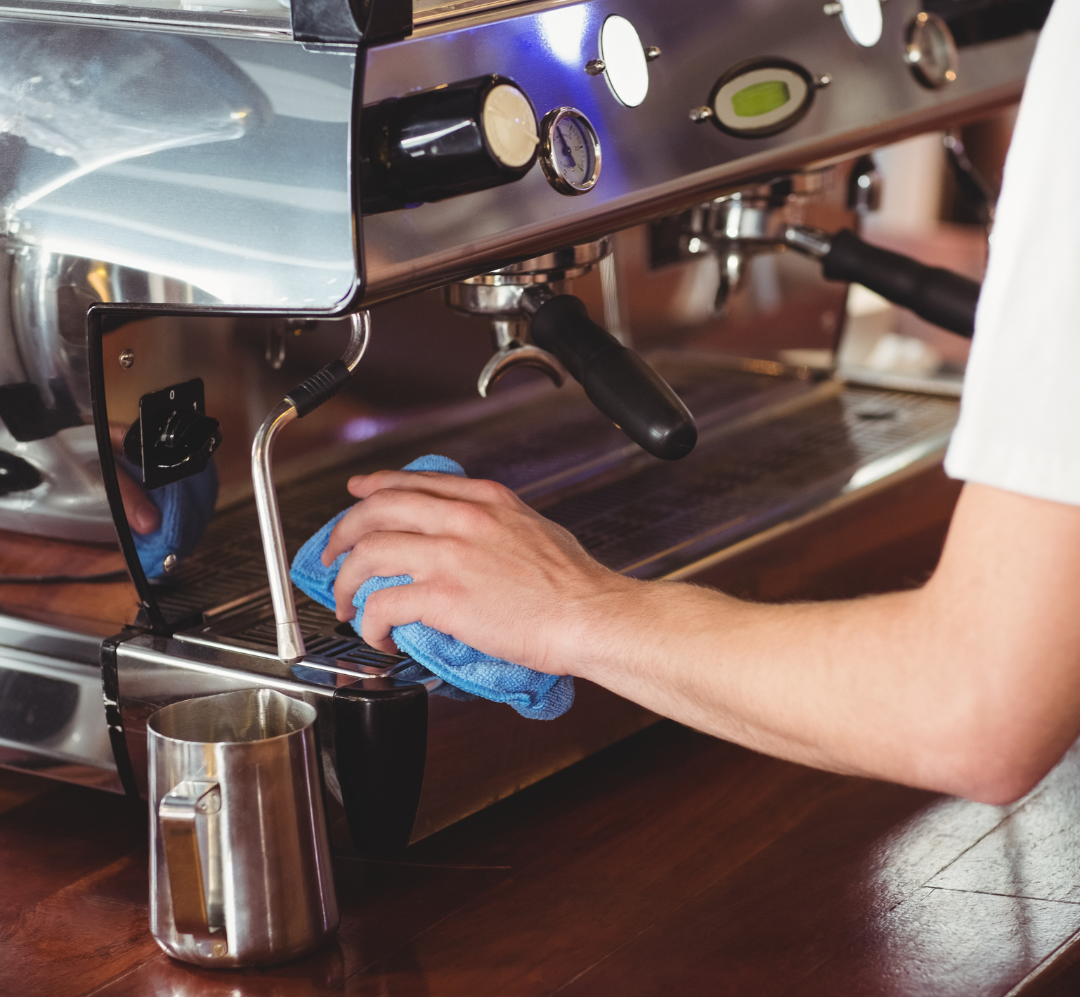Ensuring Your Bean-to-Cup Machine Serves Perfect Coffee
Bean-to-cup coffee machines are all-in-one espresso machines that handle the bean storage, grinding, dosing and producing the espresso, all at the touch of a button.
While commercial bean-to-cup coffee machines are gaining popularity as a way for businesses to streamline their coffee-making process, these one-touch espresso machines are also proving popular with the premium domestic coffee machines market.
However, it’s important to know that not all bean-to-cup coffee machines are equal. Many commercial bean-to-cup coffee machines are designed for bulk-buy commercial coffee, but won’t get the best out of specialty coffee beans.
Espresso machines like the Faema Bean-to-Cup range are designed to produce the best cup of coffee from specialty beans – so let’s look in more detail at how to get the perfect pour.
Coffee beans
Any coffee is only as good as its beans, so make sure you put the best ingredients into your espresso machine, whether you choose a bean-to-cup coffee machine or grind your beans separately beforehand.
Beans of different origins and roasts will have different flavour profiles. If you’re brewing for yourself, experiment until you find a taste you like. For commercial settings, try to settle on one or more beans that the majority of your customers enjoy.
Coffee beans should be stored in a proper container (which may be built into a bean-to-cup machine) and used within two months so that they don’t spoil – resist the urge to buy in large bulk quantities if you won’t use them in time.
Models like the Faema X20 cater for different tastes, with two hoppers to store different beans and two dosing grinders so each bean can be ground independently.

Coffee grinder settings
Grinding your coffee beans correctly is crucial to pouring the perfect espresso. Bean-to-cup coffee machines usually offer ways to adjust the grinder, so you can customise the grind to suit your favourite beans.
In general, dark roast beans prefer a coarser grind. The espresso should pour thick with plenty of crema, in a total of about 25 seconds per shot. Too fast and your coffee will taste sweet with less caffeine; too slow and it will be bitter and smoky.
- Espresso pouring too fast: Little flavour, little crema. Grind may be too coarse – try adjusting to a finer grind.
- Espresso pouring too slow: Harsh and bitter taste. Grind may be too fine – try adjusting to a coarser grind.
Remember, while a bean-to-cup espresso machine automates the process, it still needs to be set up correctly – so experiment with one adjustment at a time and take note of which changes improve the taste of your coffee.
Extraction time
A regular PSSR coffee machine test is a legal requirement in order to protect the health and safety of your customers and employees, by checking the coffee machine’s boiler and ensuring it can withstand the very high pressure forces it needs to contain.
However, a coffee machine pressure test is not the only measure you can (and should) take to maximise the health, safety and hygiene of your espresso machine.
A clean machine – inside and out – can reduce bacterial growths like Pseudomonas, which can cause lung infections and is particularly high-risk for those with compromised immune systems.

Water volume
It’s important to strike the right balance between volume of ground coffee and volume of hot water:
- Too little water: Extraction takes longer, coffee tastes bitter.
- Too much water: Rapid extraction, weak and watery coffee.
Not all bean-to-cup coffee & espresso machines allow you to adjust the dose, so sometimes the water volume is the alternative. For example, if you reduce the water volume by half and brew the coffee twice, you’ll get a much stronger taste at the end.
Coffee quantity
If you are able to adjust the coffee dose, then you can directly affect the finished drink. Some bean-to-cup espresso machines make this easier by offering presets like ‘weak’, ‘medium’ and ‘strong’.
When making a larger coffee, you might want to use more ground coffee to maintain the strength. However, this can affect the extraction time, so consider adjusting the grind settings to compensate.
This is a learning curve, but once you know how these different factors interact with each other, you’ll find commercial bean-to-cup coffee machines are an easy way to get a reliably good beverage quickly and cleanly.
Bean-to-cup espresso machines like the Faema X30 make it even easier to learn. The X30 has a smart monitoring system that allows it to automatically adjust the grind and dose for a consistently perfect cup of coffee.

Water quality
It’s easy to forget that a cup of coffee is nearly 99% water, but the quality of your water will have a direct effect on the taste of your drink.
Widespread opinion is that softer water makes better coffee, but there are some people who prefer the taste of coffee made with water rich in minerals like calcium and magnesium.
A metallic taste is (unsurprisingly) a sign of metals like copper and iron in the water, and may be eliminated by pre-treating the water with a filter.
Choosing a bean-to-cup water filter
If you think you need to use a filter, check whether there is a recommended filter for your specific model of bean-to-cup machine.
Top-end bean-to-cup machines may include a function to analyse the mains water, which enables the machine itself to advise you on the appropriate filters to install.
Clean and maintain your machine
Like the minerals in your water, any residues left on the surfaces of your machine – especially the internal surfaces – can affect the flavour of your finished coffee.
Follow regular cleaning procedures to remove any residues of coffee, leftover milk and limescale from hard water.
You should also get your machine serviced and maintained regularly, to keep the boiler, milk wand and other parts clean, hygienic and in good working order.
Follow the manufacturer’s instructions and, if your machine is used at high volume (e.g. in a busy office or hospitality/retail setting) consider having it cleaned and serviced more often to avoid any potential problems over time.

Find your perfect coffee
To find out more about how commercial bean-to-cup coffee machines can help you produce your perfect cup of coffee, or for more details about the Faema Bean-to-Cup range, contact Mulmar today and we'll be happy to help you find the perfect bean-to-cup espresso maker.